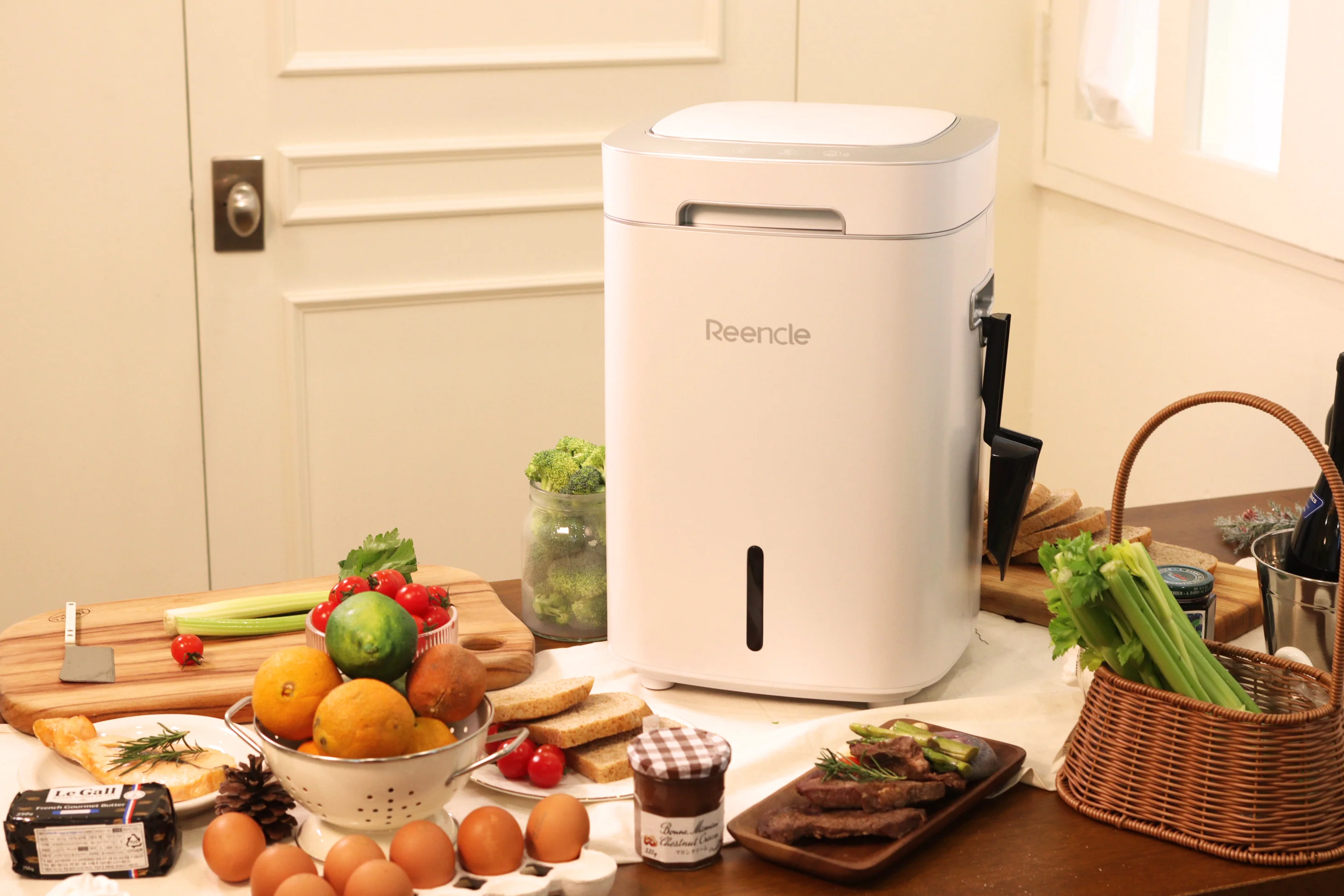From Our Kitchen For The Earth

In 2019, 66.2 million tons of wasted food were generated in the food retail, food service and residential sectors in the United States. Only 5% of that wasted food was composted.
In the U.S., food is the single most common material sent to landfills, comprising 24.1 percent of municipal solid waste. When yard trimmings, wood and paper/paperboard are added to food, these organic materials comprise 51.4 percent of municipal solid waste in landfills.
When food and other organic materials decompose in a landfill where anaerobic (without oxygen) conditions are present, bacteria break down the materials and generate methane, a powerful greenhouse gas. Municipal solid waste landfills are the third largest source of human-related methane emissions in the U.S, accounting for approximately 14% of methane emissions in 2021. Wasted food is responsible for 58% of landfill methane emissions.
Composting is a form of organics recycling. Organics recycling is when facilities collect and process organic materials (that would otherwise be landfilled or incinerated) into new products, such as soil amendments. When we send food and other organic materials to landfills or combustion facilities, we throw away the valuable nutrients and carbon contained in those materials. By composting our food scraps and yard trimmings instead and using the compost produced, we can return those nutrients and carbon to the soil to improve soil quality, support plant growth and build resilience in our local ecosystems and communities.
What is COMPOSTING?
Composting is the managed, aerobic (oxygen-required) biological decomposition of organic materials by microorganisms. Organic (carbon-based) materials include grass clippings, leaves, yard and tree trimmings, food scraps, crop residues, animal manure and biosolids. Compost products for commercial sale typically go through thermophilic composting, where compost reaches high temperatures that reduce pathogens.
Benefits of Composting
- Protects the climate by reducing methane emissions from landfills.
- Reduces waste.
- Recycles organic materials into a valuable soil amendment – compost.
- Recovers organic materials and keeps them local.
- Creates green jobs.
- Extends municipal landfill life by diverting organic materials and saving space in landfills.
- Reduces solid waste management costs because food scraps are one of the largest and heaviest portions of the waste stream, making their recovery increasingly cost-effective compared to disposal.
And this is why, you and your home needs Reencle to have better world together.
REENCLE electric composter with beneficial microorganisms
Reencle is a home food waste composter that uses microorganisms to break down food waste naturally, and turn it into compost. It offers a modern solution for reducing organic waste with its quiet and energy-saving operation.
